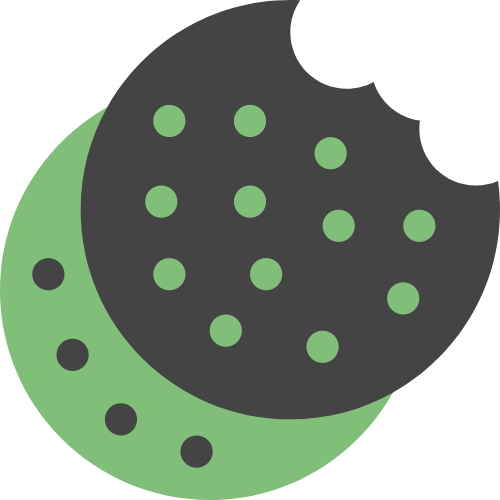Pomegranate supports several vital organs — most notably the heart, brain, gut, liver, and prostate — thanks to its potent antioxidant, anti-inflammatory, and polyphenol-rich composition. These effects are especially pronounced when consumed as a concentrated or fermented extract.
Key organ systems supported by pomegranate include:
- Heart: Improves circulation, reduces LDL oxidation, and supports blood pressure regulation
- Gut: Enhances microbiome diversity and gut barrier integrity through ellagitannin fermentation
- Brain: Protects neurons and supports cognitive function via anti-inflammatory mechanisms
- Liver: Assists detoxification and helps regulate lipid metabolism
- Prostate: Slows PSA progression and protects against oxidative damage
👉 Explore our fermented pomegranate extract for multi-organ system support based on real science and bioavailability.
Scientific research validates pomegranate’s protective effects across various organs:
- Cardiovascular: Pomegranate reduced carotid artery thickness and oxidative stress markers .
- Neurological: Supplementation helped preserve memory and brain antioxidant levels in elderly patients .
- Digestive: Ellagitannins fermented into urolithins support anti-inflammatory activity in the colon .
- Prostate: Regular intake linked to slower PSA doubling time in prostate health studies .
This cross-organ impact positions pomegranate as a truly systemic functional food.
Pomegranate is far more than a simple antioxidant-rich fruit — it’s a multi-organ supporter that offers deep, evidence-based benefits for the heart, brain, gut, liver, and more. Its medicinal power lies in its polyphenolic density and gut-driven transformation.
⚠️ For therapeutic uses, look for fermented or concentrated forms that enhance urolithin production and systemic absorption.
